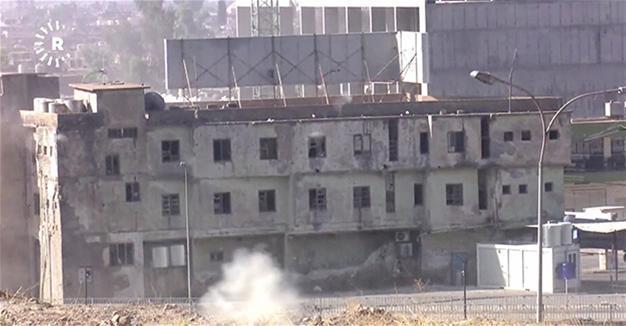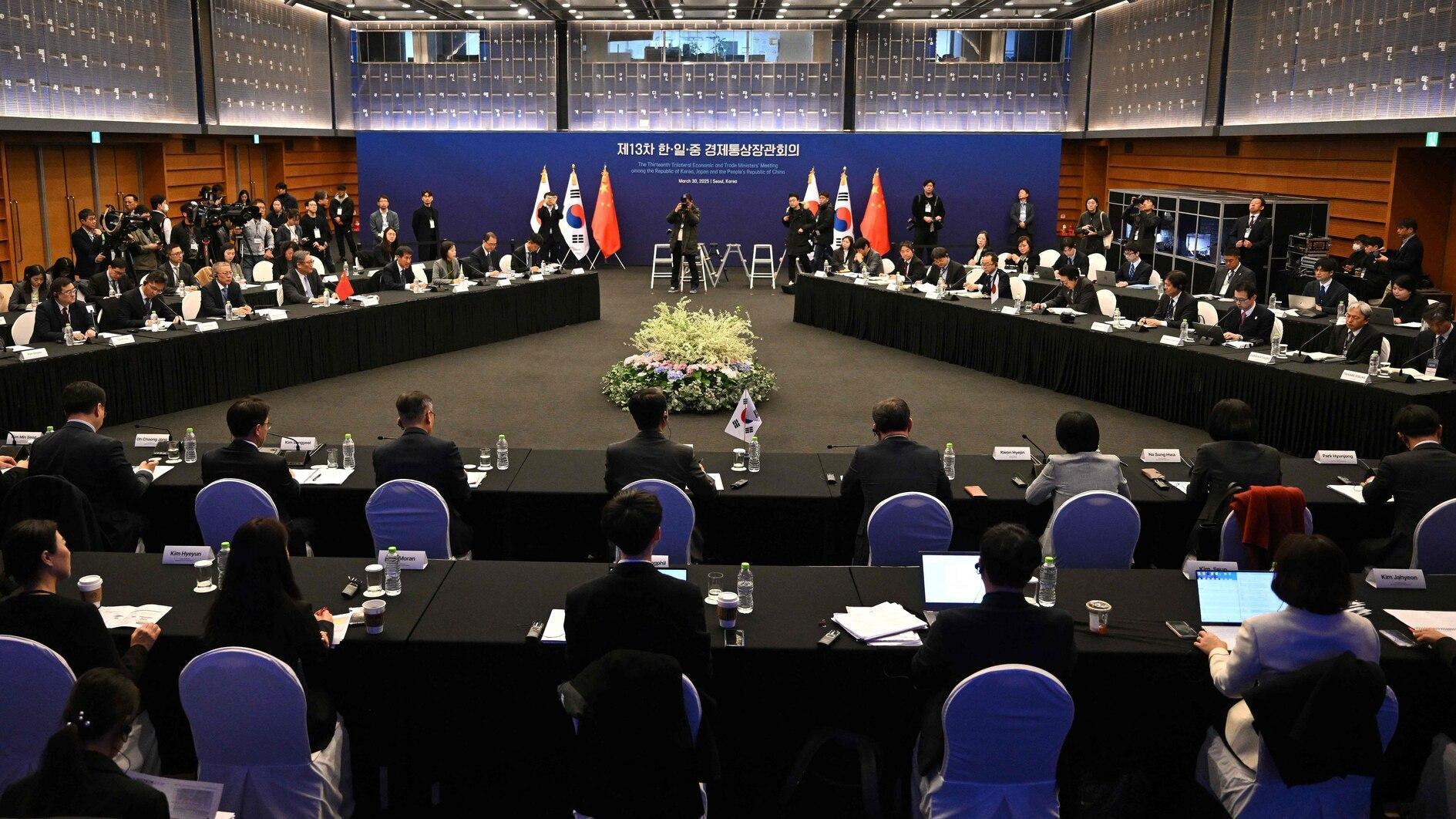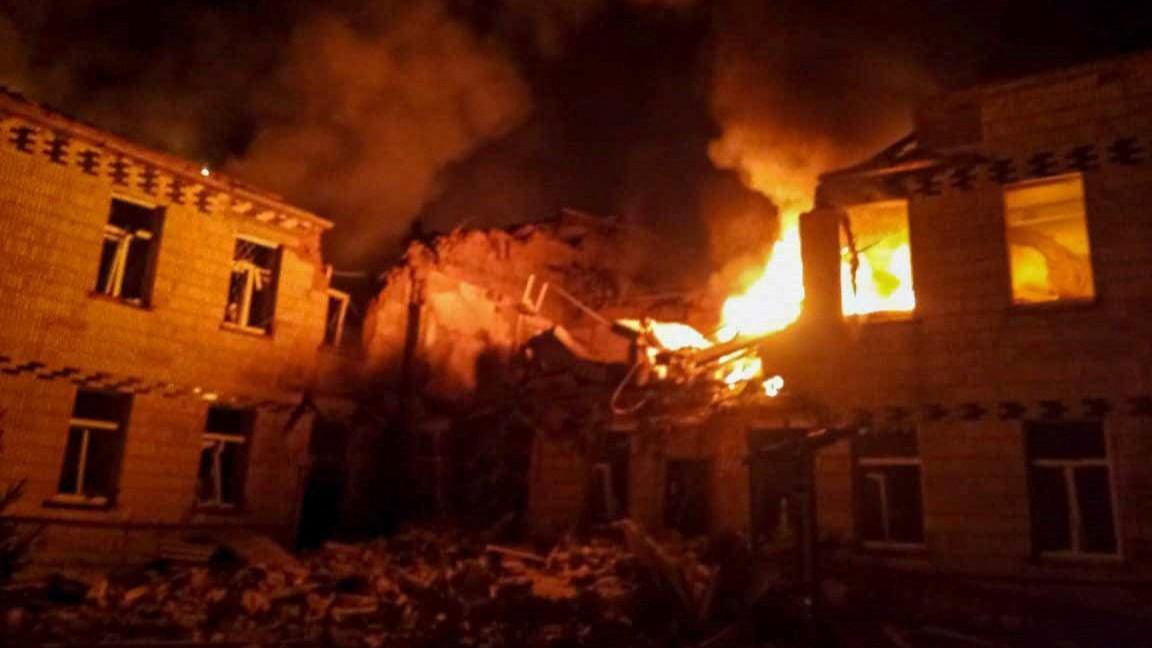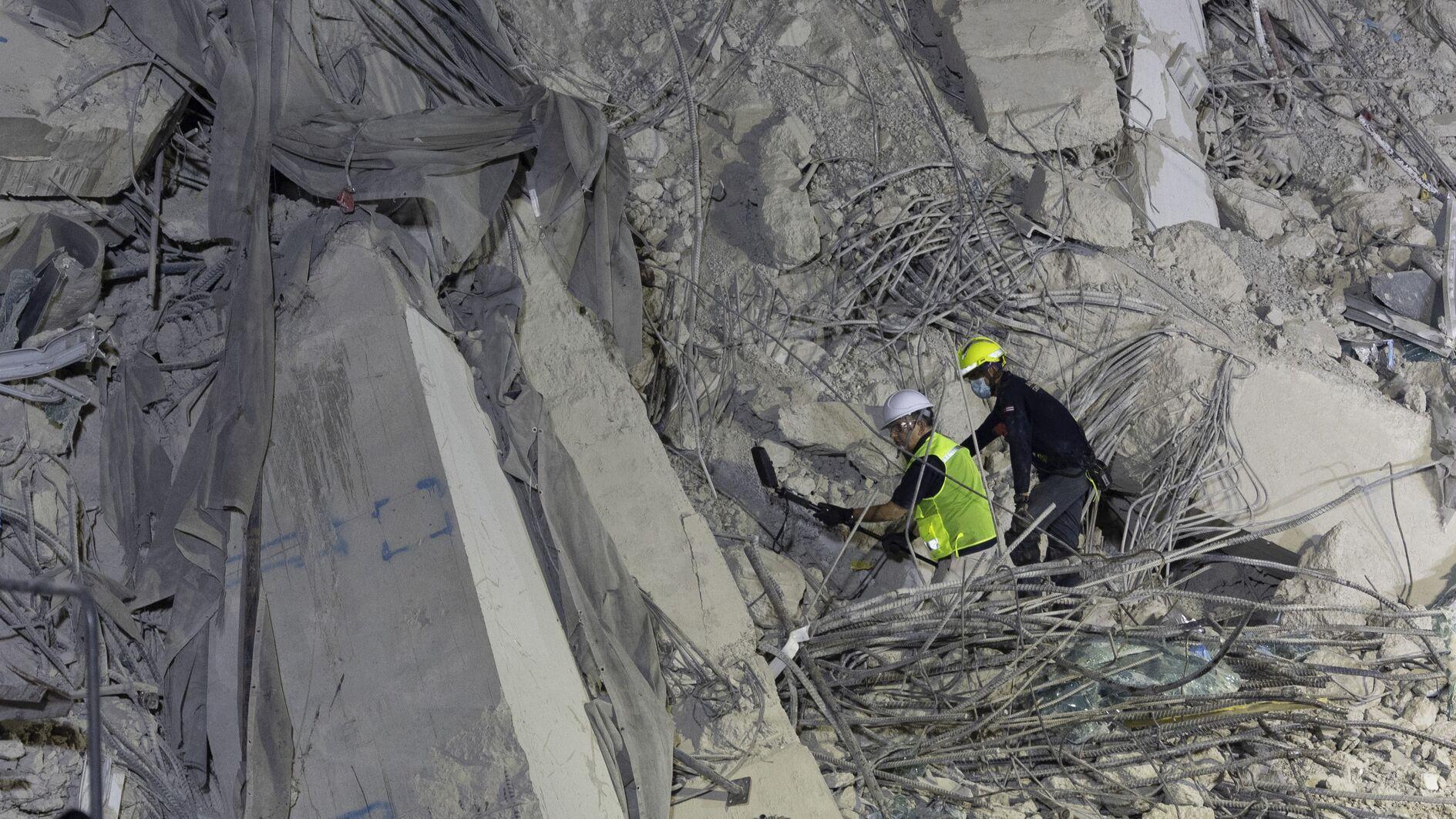ISIL strikes back in Kirkuk as Mosul clashes intensify
KIRKUK
 Jihadist gunmen, some of them wearing suicide vests, attacked the Iraqi city of Kirkuk on Oct. 21, as clashes to take Mosul back from the Islamic State of Iraq and the Levant (ISIL) have intensified.
Jihadist gunmen, some of them wearing suicide vests, attacked the Iraqi city of Kirkuk on Oct. 21, as clashes to take Mosul back from the Islamic State of Iraq and the Levant (ISIL) have intensified. The assault, together with another further north, left at least 22 people dead and came as pro-government forces were making major gains on the fifth day of their advance on the last major urban center held by ISIL in Iraq.
The attacks in Kirkuk were an apparent effort to divert the thousands of troops and militiamen closing in on their Mosul stronghold.
Kirkuk, which is currently under the control of forces from the Kurdistan Regional Government (KRG), woke up to find ISIL fighters spreading across several neighborhoods,
Agence France-Presse reported.
Kirkuk lies 240 kilometers north of Baghdad and around 180 kilometers southeast of Mosul, in an oil-rich region, and has a population of around 850,000 people.
An AFP correspondent saw a group of men carrying rifles and grenades and wearing “Afghan-style clothes” walk down one street in Kirkuk.
At least five suicide bombers struck government targets in the city, including the main police headquarters, in a coordinated attack that began in the middle of the night.
ISIL claimed the raid, according to the ISIL-affiliated Amaq news agency, one of the most spectacular such attacks by the group in recent months.
“Around morning prayers, I saw several [ISIL fighters] enter al-Mohammadi mosque,” Haidar Abdelhussein, a teacher who lives in the Tesaeen neighborhood, told AFP.
“They used the loudspeakers to shout ‘Allahu Akbar’ [God is greatest] and ‘Dawla al-Islam baqiya’ [Islamic State will remain],” he said.
The governor of Kirkuk, Najmeddin Karim, told AFP he suspected the involvement of ISIL sleeper cells.
Also on the morning of Oct. 21, gunmen wearing suicide vests stormed a power plant being built by an Iranian company near Dibis, a town southeast of the Mosul offensive’s main area of operations, and just 40 kilometers from Kirkuk.
“Three suicide bombers attacked the power plant at around 6 a.m., killing 12 Iraqi administrators and engineers and four Iranian technicians,” Dibis Mayor Abdullah Nureddin al-Salehi told AFP.
Kurdish peshmerga fighters have played a major role in the advance on Mosul – Iraq’s biggest military operation in years – and both they and federal security forces have made gains on several fronts.
Meanwhile, elite Iraqi forces retook a town, Bartalla, on the eastern edge of Mosul on Oct. 20 while Kurdish peshmerga fighters opened a new front in the offensive.
Iraqi Prime Minister Haider al-Abadi told an international meeting in Paris that the four-day-old offensive was “advancing faster than expected.”
France and Iraq co-chaired the meeting on the future of Mosul, which observers have warned could raise even greater humanitarian and inter-confessional challenges than the massive military operation to retake it.
Ümet Yalçın, undersecretary of the Turkish Foreign Ministry had a meeting with Iraqi Foreign Minister Ibrahim al-Jaafari on the sidelines of a Paris meeting on Oct. 20.
The counter-terrorism service (CTS), Iraq’s best-trained and most battle-seasoned force, retook full control of Bartalla, a town that lies less than 15 kilometers east of Mosul.
“I announce to the people of Bartalla and Mosul we have complete control over Bartalla,” CTS commander Taleb Sheghati al-Kenani told reporters from the town.
“Its residents, its churches and all of its infrastructure are now under the control of CTS,” he said of the small Christian town that ISIL seized when it swept across the Nineveh plain in August 2014.
Some 120,000 Iraqi Christians were forced to flee their homes at the time.
A member of the U.S. military was killed Oct. 20 in a bomb blast north of Mosul, a senior U.S. defense official told AFP.
The official told AFP that the service member had died in what were likely “Mosul-related” operations, but did not provide additional details.
Further north Kurdish peshmerga forces opened a new front with a multiple-pronged assault on the town of Bashiqa.
“The objectives are to clear a number of nearby villages and secure control of strategic areas to further restrict ISIL’s movements,” the peshmerga command said.
The U.N. human rights office said Oct. 21 that ISIL has taken 550 families from villages around Mosul and are holding them close ISIL locations in the Iraqi city, probably as human shields.
“We are gravely worried by reports that ISIL is using civilians in and around Mosul as human shields as the Iraqi forces advance, keeping civilians close to their offices or places where fighters are located, which may result in civilian casualties,” U.N. High Commissioner for Human Rights Zeid Ra’ad al Hussein said in a statement.
The fighting around the Iraqi city of Mosul has forced 5,640 people to flee their homes in the last three days, the International Organization for Migration said on Oct. 20, most of them in the last 24 hours.
















